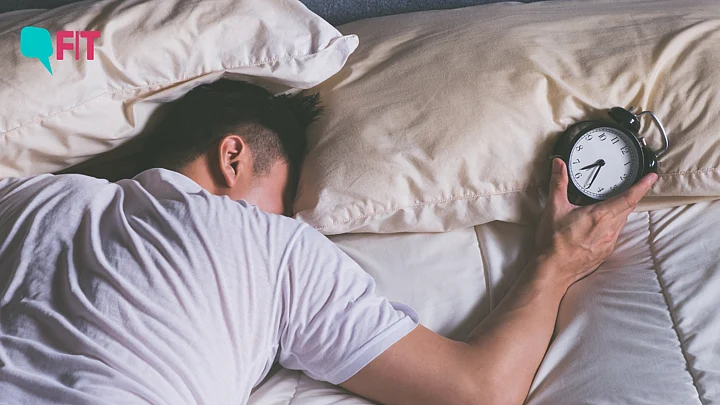People who sleep for less than five hours each day are more likely to develop depressive symptoms over a period of time, says a study conducted by researchers at University College, London.
The study underlines a complex relationship between sleep and depression. It shows that those who had a strong genetic inheritance of short sleep were more likely to develop depressive symptoms over a period of 4-12 years.
On the other hand, those who had a genetic predisposition of depression did not necessarily develop the symptoms of short sleep.
The Big Point: The study, which was done over the course of eight years and published in the Transnational Psychiatry journal, revealed that those who slept five hours or less were 2.5 times more likely to develop depressive symptoms than those who slept the optimal period of seven hours.
In the sample chosen, over 10 percent people reported to have been sleeping less than five hours, which increased to over 15 percent during the course of the study.
“We have this chicken or egg scenario between suboptimal sleep duration and depression, they frequently co-occur, but which comes first is largely unresolved. Using genetic susceptibility to disease, we determined that sleep likely precedes depressive symptoms, rather than the inverse.”Study's lead author, Odessa S Hamilton (UCL Institute of Epidemiology & Health Care), in a press statement.
Why Does it Matter? Sleep duration and depression have genetic predispositions.
This has been recognised as a significant health burden, given that they can be easily inherited.
“Suboptimal sleep and depression increase with age, and with the worldwide phenomenon of population ageing there is a growing need to better understand the mechanism connecting depression and a lack of sleep.”Study's author, Professor Andrew Steptoe, Head of Behavioural Science and Health, UCL Institute of Epidemiology & Health Care

